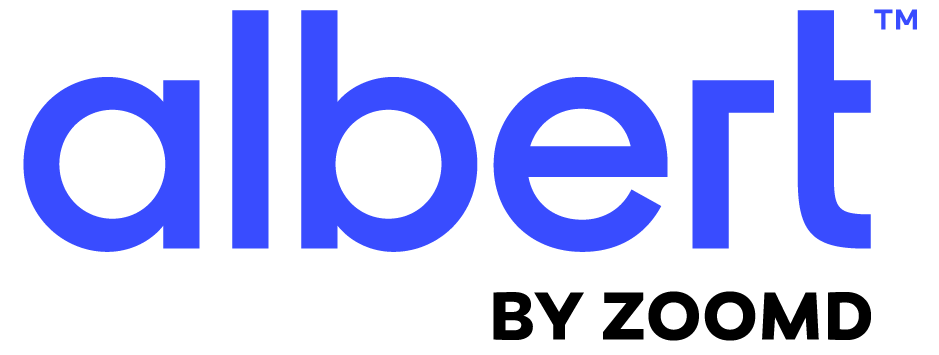Automation + AI: The Chocolate & Peanut Butter of Ad Tech
02/24/2022

Artificial intelligence (AI) is sometimes confused with automation, and the terms are often used interchangeably. When talking to vendors, it’s critical for digital marketers to decipher exactly what’s being offered so you know it will truly address your needs. Today, let’s demystify these terms and discover what happens when the two are combined.
Differences Between Automation and AI:
Robotic Process Automation (RPA) software is great for simple activities and repetitive tasks that follow instructions or workflows set by individuals. It is best suited for highly repetitive and predictable tasks. Automated tools require manual configuration and human supervision to effectively execute campaigns. The trick with RPA is for humans to anticipate every permutation so the machine is programmed to behave the right way every time. This is why constant vigilance is required. If the environment changes, marketers must manually step in and make the necessary adjustments.
AI refers to how computer systems can use huge amounts of data to imitate human intelligence and reasoning, allowing the system to learn, predict and recommend what to do next. An AI capable of understanding marketing KPIs can use various algorithms that act in concert to find signal in the noise of data and find paths to solutions that no human would be capable of. Most AI today works in an assistive fashion, providing next best action recommendations to humans who then decide whether to trust them or not and then manually make adjustments.
Combining AI & Automation: Sweet Treat!
When robotic process automation is combined with elements of AI such as machine learning, the result is known as intelligent process automation (IPA). An IPA tool is powerful because it allows us to reap both the benefits of automation – increased speed, efficiency, time-savings, and ability to scale – with the insights, flexibility, and processing power of AI.
Marketers who use IPA are able to augment their capabilities, while off-loading repetitive campaign management tasks to the machine. It’s different from pure robotic automation in that the AI can start, stop or even alter what it is doing based on the environment in which it operates. What’s more, because the best AI systems allow marketers to set guardrails, there’s no chance of unforeseen events taking outcomes too far astray. For marketers, this means faster, more personalized execution and processes, greater use and accuracy in data, and improvements in overall customer experience. Marketers shift from fussing over bid adjustments and budget allocations to higher value add, human-centric contributions like, “how do we evolve our value proposition to drive more business?” Because of these clear benefits, Forrester predicts that by 2020, 25% of Fortune 500 companies will report hundreds of examples of IPA use cases.
Benefits of AI + Automation for Marketers
IPA technologies not only surface insights for marketers but actually turn insights into action. For example, Albert can synthesize historical digital campaign data across channels, craft strategies for execution, and explore different combinations of messages, creatives, and frequency across audiences. Evolving relentlessly over time, the intelligent machine’s autonomous capabilities allow it to actually shift budgets, adjust bids, audiences and optimize campaigns 24×7 in relentless pursuit of KPIs that a marketer has set.
This is especially important as customers continue to demand more from brands; Salesforce’s Fifth Annual State of Marketing Report revealed that 53% of customers now expect personalized offers, and 62% expect businesses to anticipate their needs. IPA technologies are becoming the only way to deliver personalized touchpoints for an optimal customer experience across paid digital channels.
Key Takeaways
Implementing intelligent process automation can help marketers achieve better paid digital campaign results while surfacing customer, media and market insights that inform not just marketers, but the overarching business strategy. In the face of potential economic slowdowns or other unforeseen external market conditions, marketers are finding that new technologies like IPAs can help them innovate, scale and increase efficiencies to stay competitive.
To learn more about how Albert plans, executes and optimizes paid digital marketing campaigns, contact us.

